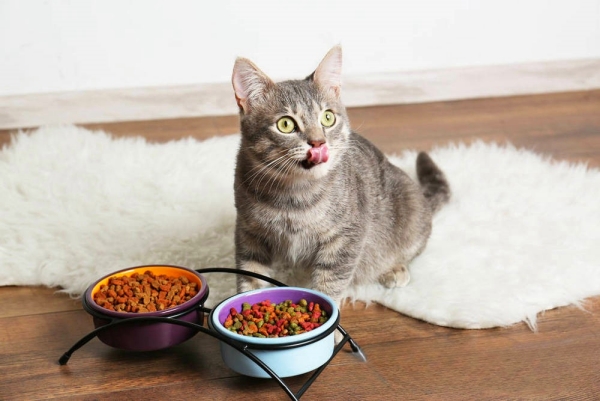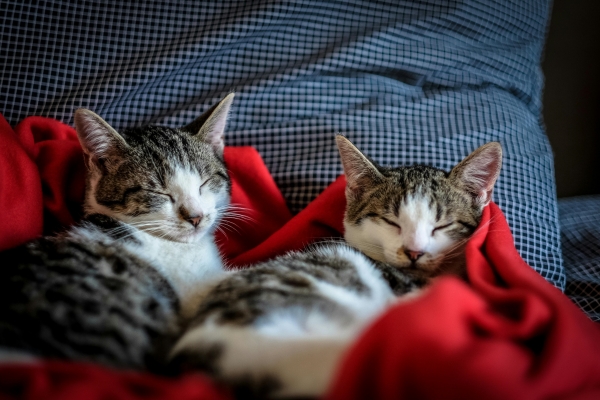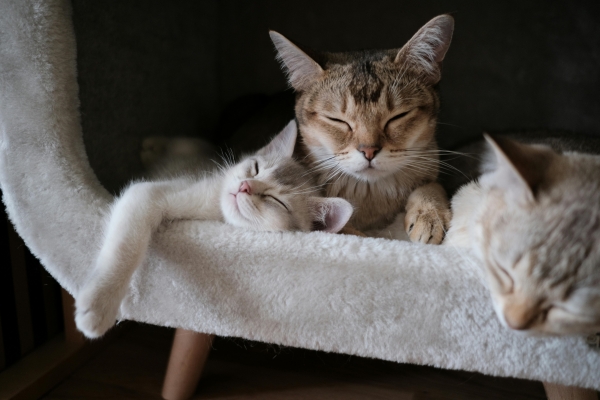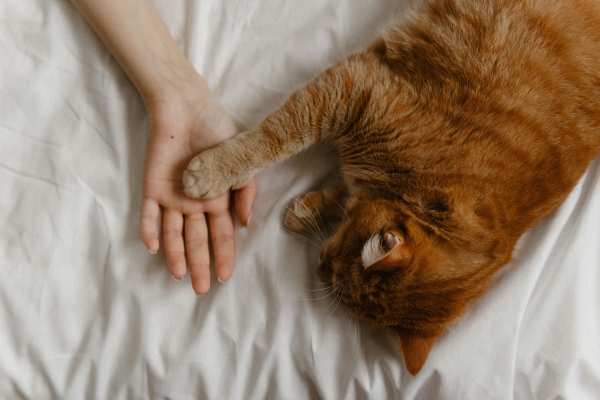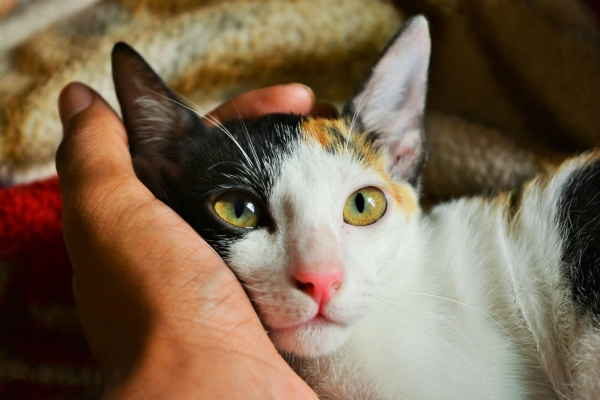Nutritional Needs of Older Cats
As cats age, they undergo significant physical changes, and their nutritional needs evolve accordingly. Many pet owners, unaware of these changes, may inadvertently overfeed their senior pets, leading to an increase in overweight and obese pets and the diseases that accompany these conditions.
Understanding Metabolism and Aging
As cats age, the way their bodies use and produce energy changes. This process, known as metabolism, typically slows down, reducing their need for fats and calories. While senior cats can maintain their weight with the same calorie intake, it’s essential to monitor their weight and adjust their diet accordingly.
Health and Disease Connections
Senior cats are more susceptible to kidney disease, heart disease, diabetes, arthritis, and various forms of cancer. As they age, their immune systems weaken, making them more prone to infections and slower to heal. Some cats are genetically predisposed to certain illnesses. To combat or at least mitigate these conditions, there are diets specifically formulated to meet the unique needs of aging cats.
For example, senior cats with kidney disease require easily digestible proteins, while those with heart disease need low-sodium diets. Cats with cognitive dysfunction might benefit from added antioxidants in their daily diet; those with cancer often benefit from the inclusion of omega-3 fatty acids and additional antioxidants.
Dietary Adjustments
Depending on your cat’s health condition, immediate dietary changes may be necessary to slow disease progression. Even if a condition cannot be fully cured, dietary adjustments can often reduce the severity of symptoms. Foods made from easily digestible fats and proteins can make a significant difference, as they are more readily absorbed, reducing the burden on the digestive system and helping the body more effectively balance energy reserves.
Maintaining a robust aging immune system is also a priority, achievable by adding antioxidants and omega-3 fatty acids to the diet. These elements are believed to boost immunity and improve the body’s self-healing capabilities.
Even if your cat is currently healthy, such dietary changes are a practical measure for preventing future illnesses. Consult your veterinarian to adjust your cat’s diet based on its specific health needs.
Importance of Regular Check-Ups
To maintain your cat’s health, remember that veterinary check-ups remain as crucial in their senior years as they were when they were younger. Monitoring your cat’s organ function allows your veterinarian to determine if special diets are needed or if you can continue with a modified maintenance diet for senior cats. Annual check-ups can also detect early signs of potential diseases before they become significant issues, saving you money and heartache in the long run.

